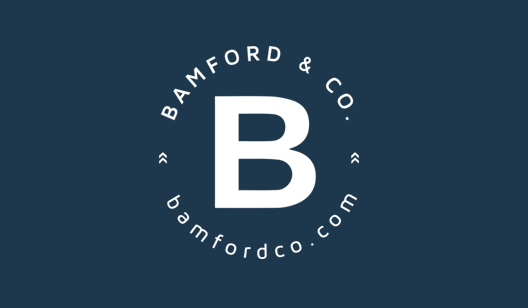A reverse mortgage is a type of loan available to older homeowners. It allows them to convert a portion of their home equity into cash without selling their home. Like any financial product, there are pros and cons to reverse mortgages.
Pros:
- Supplemental Income: A reverse mortgage can provide additional income to supplement retirement savings, pensions, or social security benefits.
- No Monthly Payments: With a reverse mortgage, borrowers are not required to make monthly payments. Instead, the loan is paid back when the home is sold, or the borrower passes away.
- Flexibility: Borrowers can choose to receive the loan proceeds as a lump sum, a line of credit, or monthly payments.
- No Repayment Penalty: There is no penalty for paying off a reverse mortgage early. Borrowers can choose to repay the loan at any time without penalty.
Cons:
- Fees: Reverse mortgages can have high fees. This can include: origination fees, closing costs, and mortgage insurance premiums. The items listed can reduce the amount of cash available to the borrower.
- Reduced Equity: As the loan balance grows over time, the amount of equity in the home decreases, which can impact the borrower’s ability to sell or pass the home onto heirs.
- Interest Rates: Reverse mortgages typically have higher interest rates than traditional mortgages, which can result in significant interest charges over time.
- Risk of Foreclosure: If the borrower is unable to pay property taxes, insurance, or maintain the home, they could be at risk of foreclosure, which could result in the loss of their home.
Before deciding on a reverse mortgage, it’s essential to weigh the pros and cons carefully and consult with a financial advisor to ensure it’s the right option for your financial situation.




